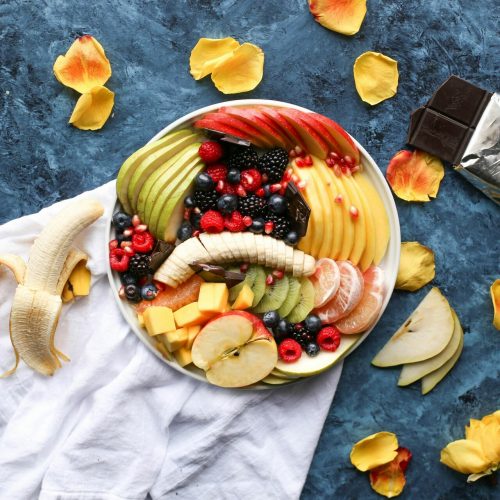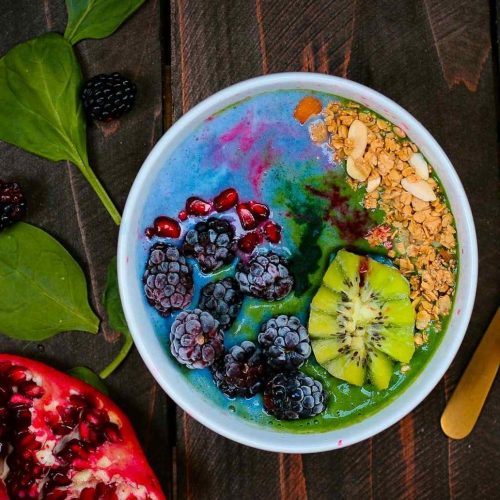How Super is Superfood?
Superfoods are becoming increasingly popular, especially through social media. Many products are now being labelled as superfoods, leaving us perplexed and wondering what a superfood really is or which foods are categorised as super.
To receive the Luxiders newsletter, sign up here.
Long ago Hippocrates once said, "Let food be thy medicine, and medicine be thy food." Hippocrates implies that everything we feed our bodies affects our physical health in general and our wellbeing. This is proven by a study on longevity conducted by Dan Buettner in the places where people live the longest and healthiest, including Sardinia (Italy), Okinawa (Japan), Nicoya (Costa Rica), Ikaria (Greece) and Loma Linda (California). He points out that one of the key ingredients that make people live longer and age better is a good diet - eating plant-based foods like beans, 120 types of greens and squash--which is what superfoods are all about.
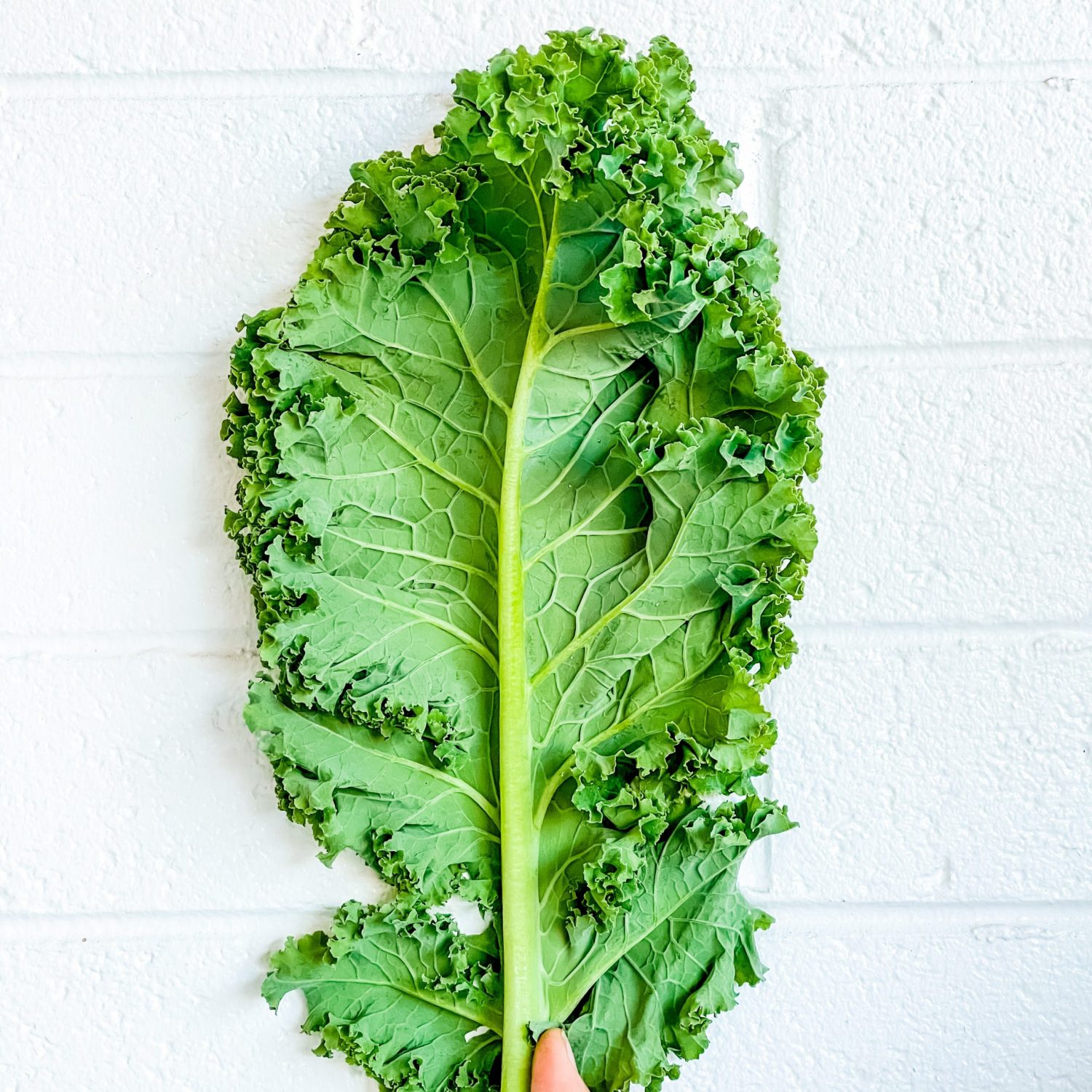
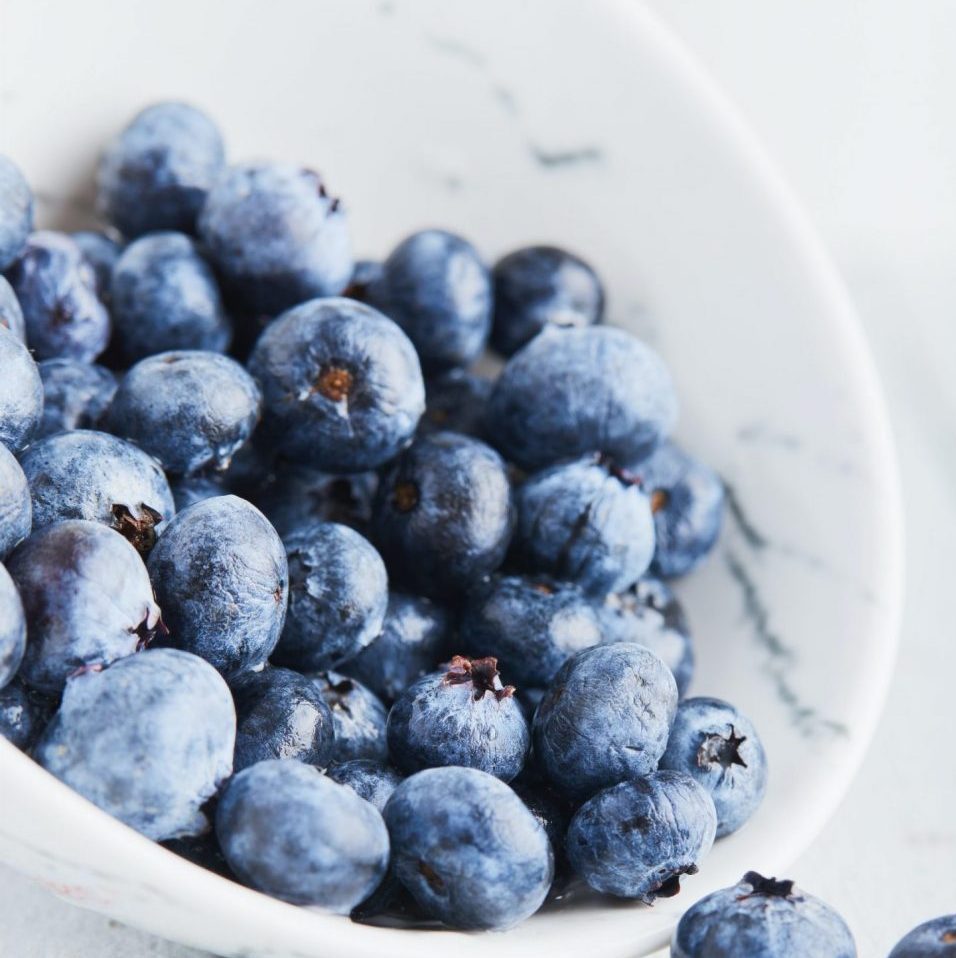
SUPERFOOD AND DILEMMAS SURROUNDING IT
The question is, whether superfoods are merely a marketing ploy. "Superfood itself is more of a marketing term for foods that have health benefits," points out a registered dietitian, Despina Hyde. It doesn't have its own food category. Superfood is a non-medical term that alludes to foods that have health-promoting properties. They are usually high in antioxidants, vitamins, or other nutrients - so it's always a good idea to consume a so-called "superfood" because it acts as the body's shield against certain diseases. Of course, only if we consume them in the right quantities and combine them with a healthy lifestyle.
While the term "superfood" was coined more than 100 years ago to market bananas, the rise in popularity of "superfoods" comes with the use of social media - when the food industry explores the alternative of healthy eating and catchy food marketing campaigns that go viral. While some "superfoods" do have well-proven health benefits and are endorsed by nutritionists, there is also scepticism to the contrary, especially when celebrities or influencers popularise other foods or products to the point of misrepresentation.
Furthermore, Hyde warns us because superfood is not scientific, it can potentially mislead people into taking only certain types of food more than others. "When we label these foods 'super' and 'healthy,' people think they can eat them in unlimited amounts," Hyde says. "But you have to be careful with the amount you eat because you can gain weight if you eat too many healthy foods."
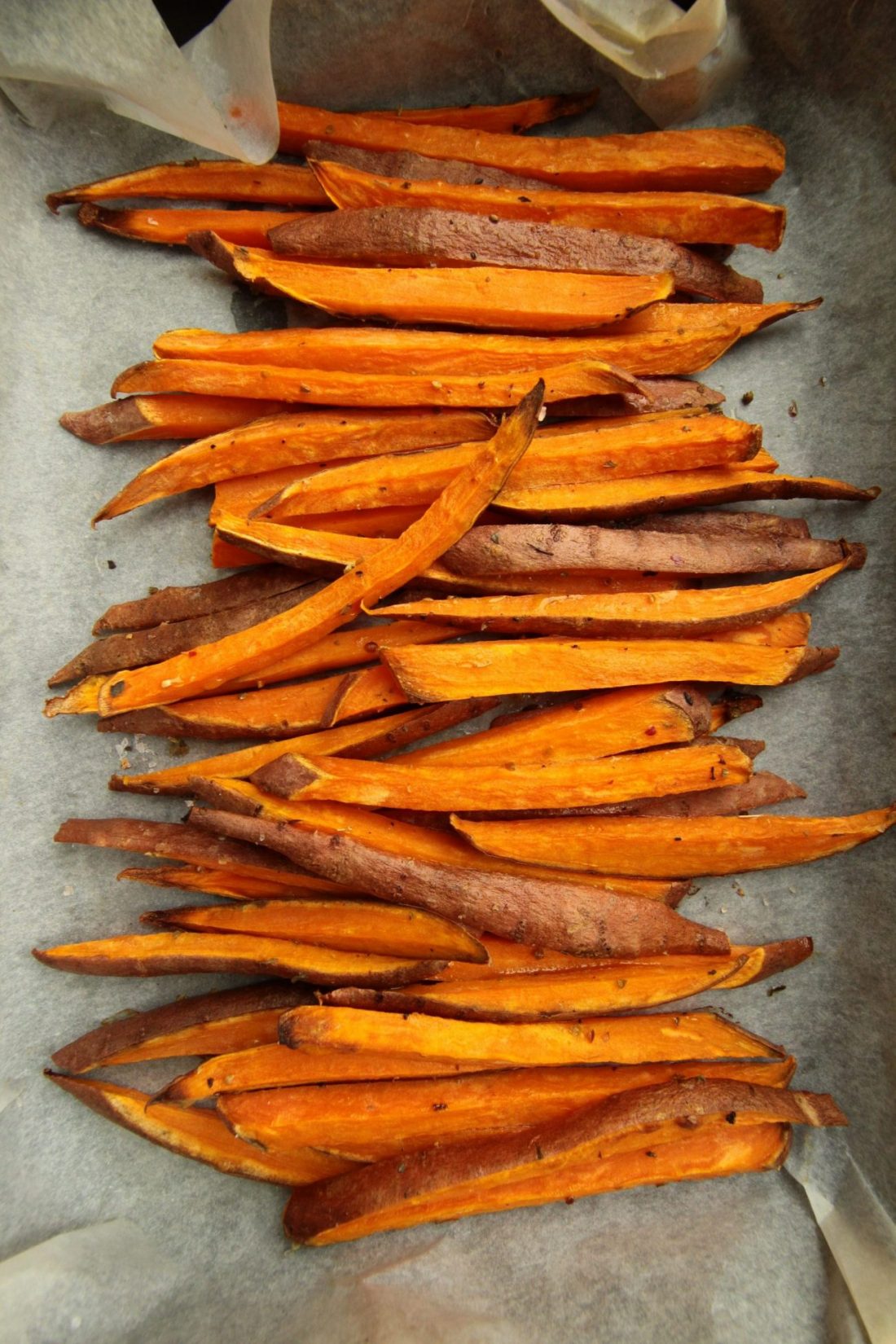
"Superfood itself is more of a marketing term for foods that have health benefits," --says a dietician, Despina Hyde.
POPULAR SUPERFOODS
However, regardless of the debate surrounding the term superfood, superfoods may be a good way to start a healthy eating habit. Studies have shown that "superfoods" - or rather, a healthy diet that is mostly plant-based, with a wide variety of fruits, vegetables, whole grains, and healthy animal products rich in antioxidants and flavonoids - help prevent coronary heart disease and cancer, as well as improve immunity and reduce inflammation. Regular consumption of fruits and vegetables is also strongly linked to a lower risk of many lifestyle-related health conditions and overall mortality. The nutrients they contain contribute to a healthy complexion, healthy nails and hair, and increase energy levels.
Here are some products that are popularly labelled as superfoods:
- Blueberries, the king of antioxidants, are rich in vitamins, soluble fibre and phytochemicals. A study published in 2013, in the journal Circulation, found that a high intake of phytochemicals known as flavonoids - found in blueberries as well as other types of berries - may reduce the risk of certain heart diseases in young women.
- Kale is the heart of superfood, but so are most dark leafy greens: Swiss chard, collards, mustard greens (including radish greens), spinach (and others in the amaranth family), and cabbages. Include broccoli in this list, too. It's a member of the cabbage mustard family; the modern version is grown for its flowers instead of its leaves. This dark vegetable is rich in vitamins A, C, and K, as well as fibre, calcium, and other minerals.
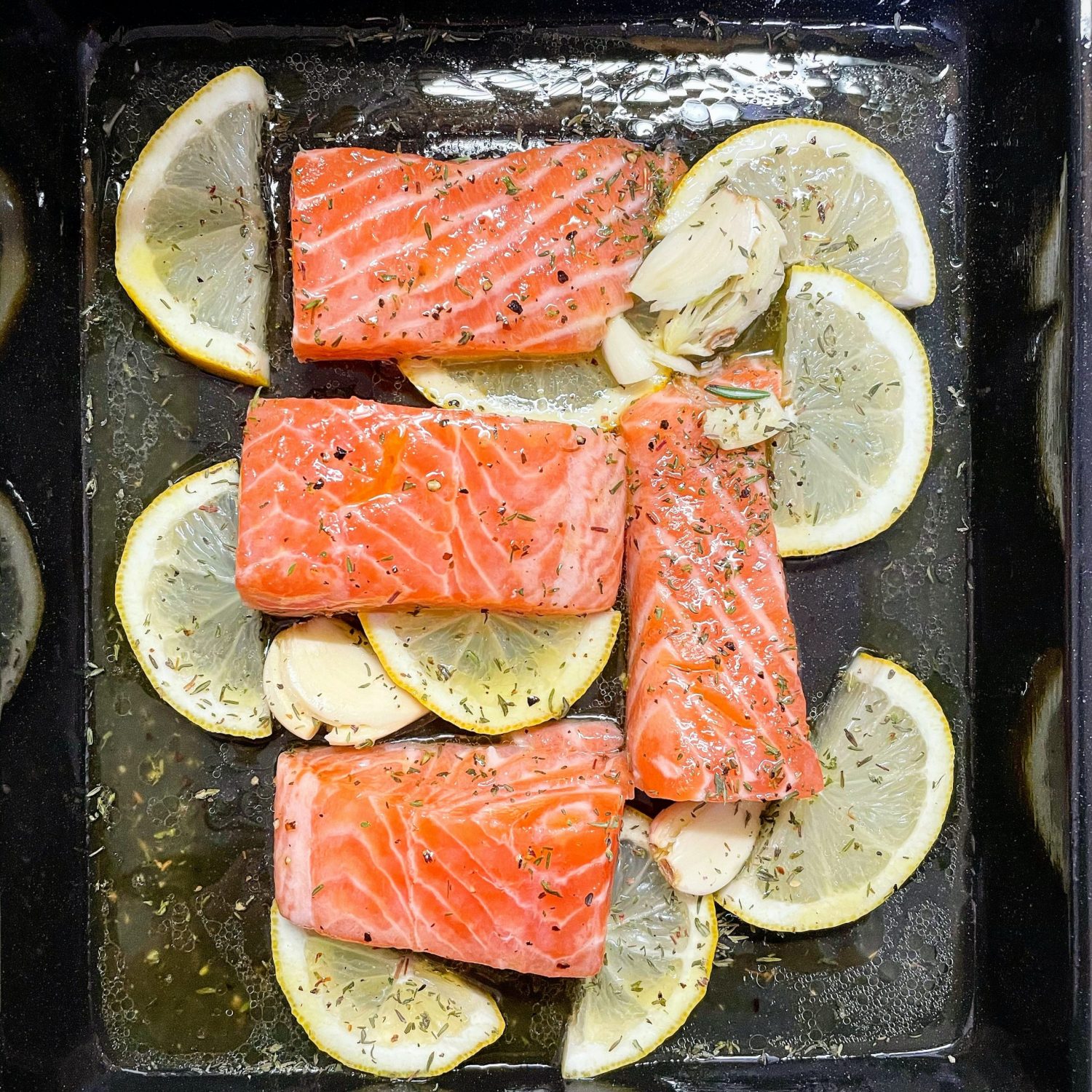
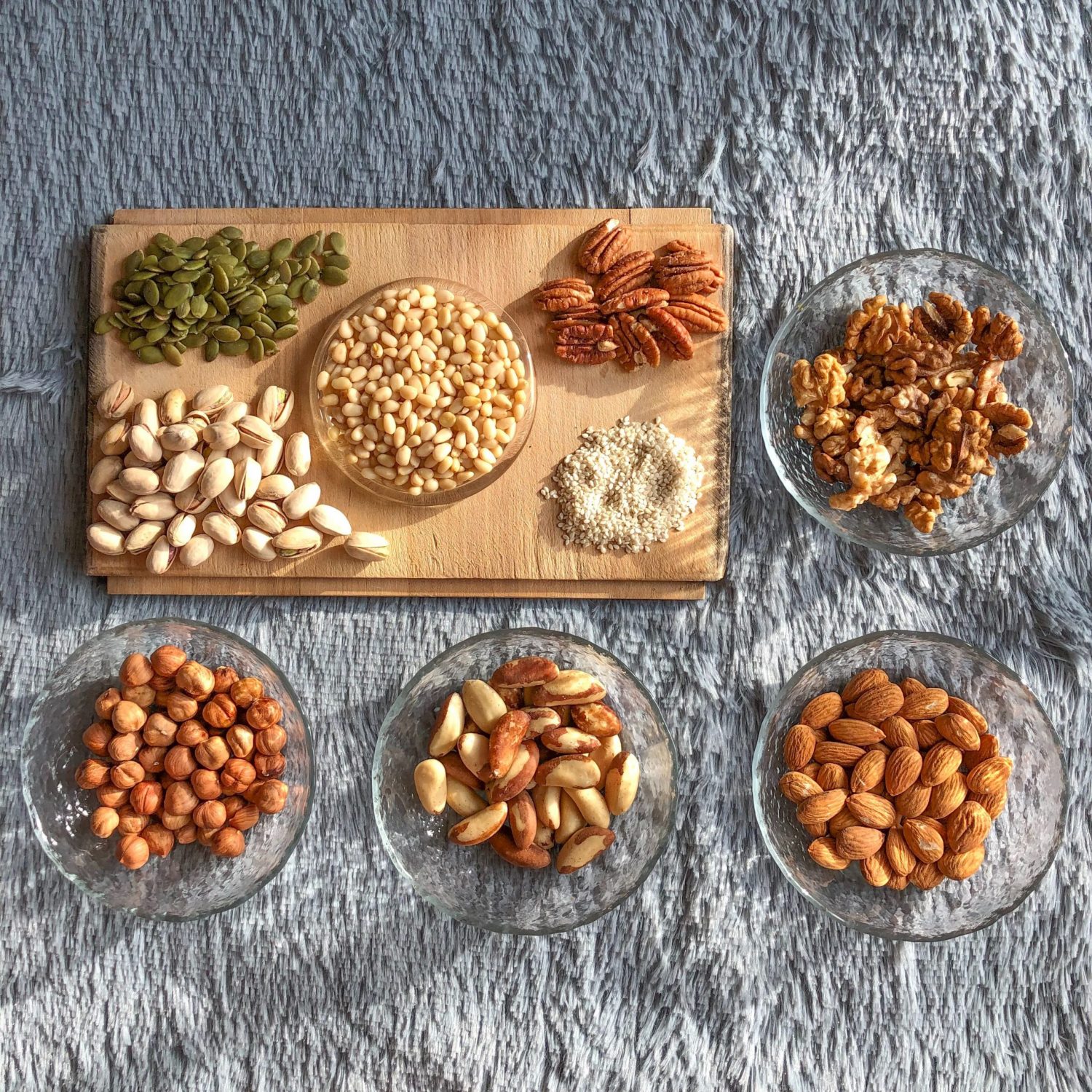
- Nuts and seeds are high in minerals and healthy fats. Although these are often listed as superfoods, the downside is that they are very high in calories. A handful of nuts can contain more than 100 calories.
- Salmon, the high levels of omega-3 fatty acids in salmon and other fatty fish, such as trout and herring, may reduce the risk of abnormal heartbeats, lower cholesterol, and slow the growth of arterial plaque.
- Sweet Potatoes and squash are the darlings of the superfood list, for similar reasons to leafy greens. Both foods, in general, are excellent sources of fibre, vitamin A, and more. They're also naturally sweet and don't require butter, cream, or salt, which are typically added to potatoes.
There are also "trendy" superfoods, including seeds --chia, pumpkins, which is believed to have the highest content of Omega-3 fatty-acid of any plant food, quinoa, which is packed with iron and sauerkraut that rich in probiotics and good for digestion and inflammation. The German philosopher Ludwig Feuerbach once said, "We are what we eat," and it is true that our food can lead us to better health and wellbeing and, beyond that, to the sustainability of our planet. Identifying the nutritional value of the foods we consume can be enlightening, but there are many healthy foods out there to discover, even if they are not labelled as super. Following the study conducted by Dan Buettner, a Mediterranean diet combined with an active lifestyle and avoiding red meat—much like the people of Sardinia, is a good way to live a healthy life and (hopefully) live a long time.

+ Words: Alvia Zuhadmono, Luxiders Magazine
Sweden-based writer
Connect with her through LinkedIn

